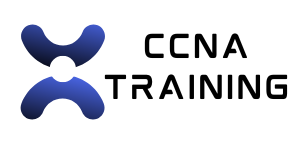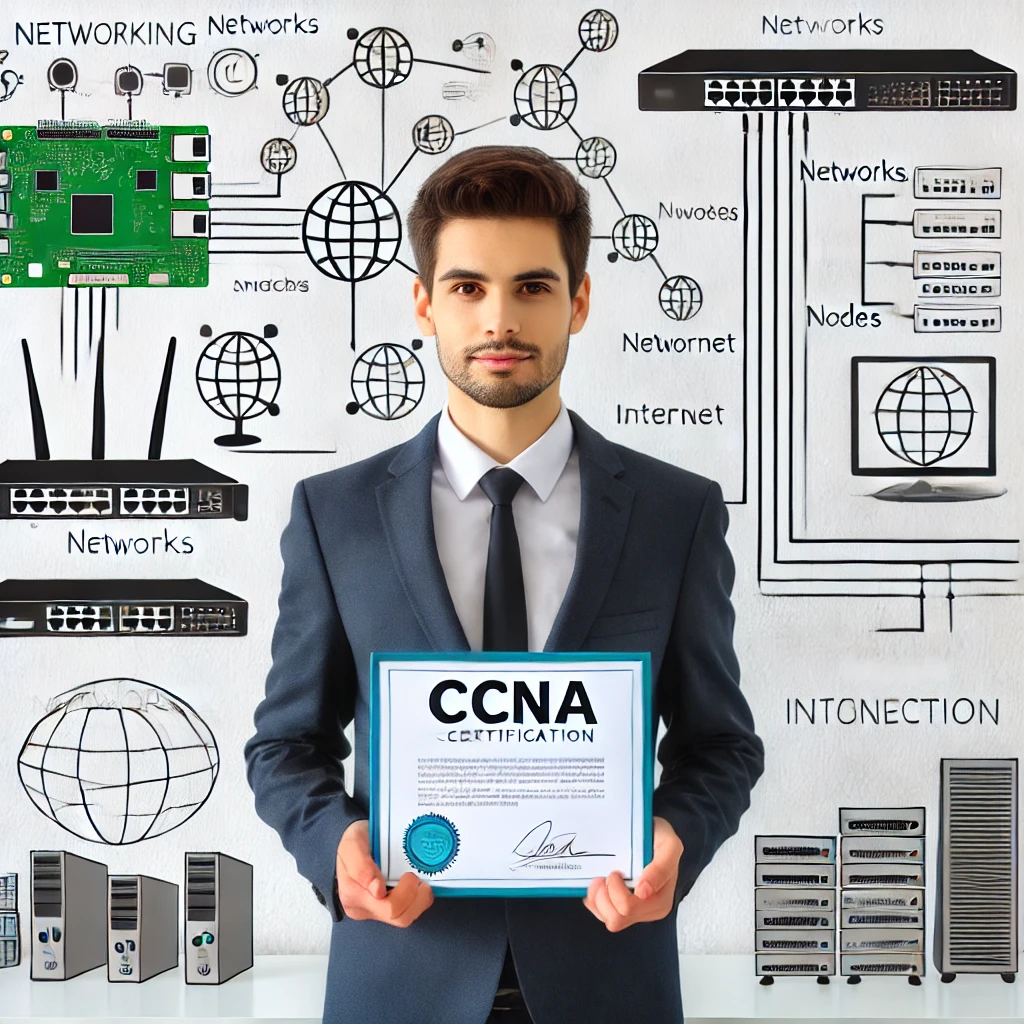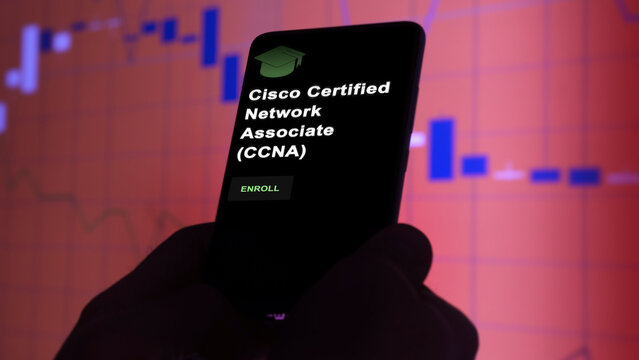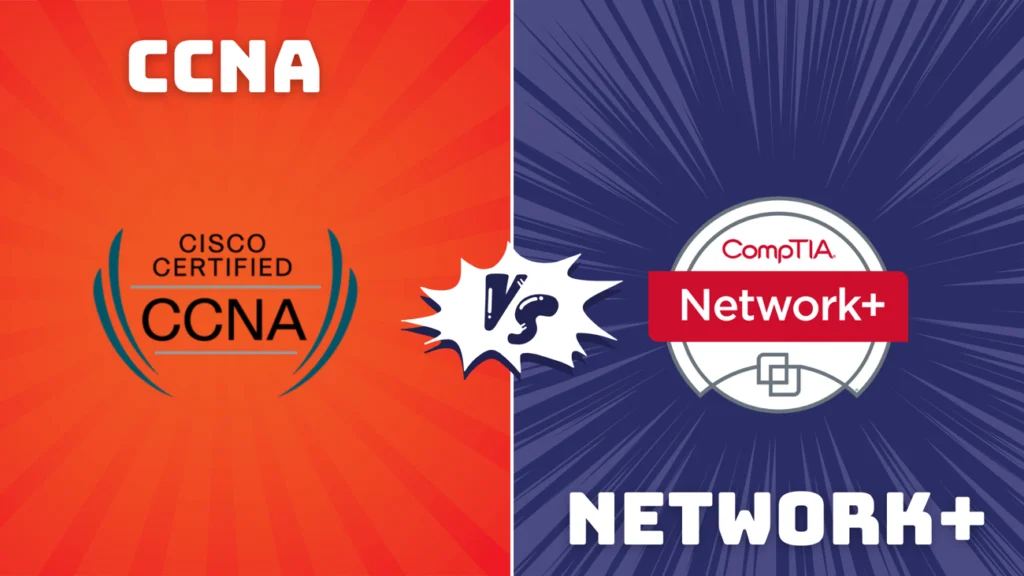In today’s fast-paced, technology-driven world, having a strong foundation in networking is crucial for anyone looking to start a career in IT. One way to build that foundation is by obtaining the Cisco Certified Network Associate (CCNA) certification. Whether you’re in high school or just starting your career, the CCNA certification is a key stepping stone to unlocking numerous career opportunities in networking.
Let’s break down why the CCNA certification is so important for anyone interested in networking.
1. What is the CCNA?
The CCNA certification is offered by Cisco, a global leader in networking technology. This certification shows that you have the skills to install, configure, and troubleshoot medium-sized routed and switched networks. Simply put, the CCNA proves you know how to manage the types of networks that companies around the world rely on every day.
2. Builds a Strong Knowledge Base
Networking is the backbone of the digital age, and the CCNA curriculum covers all the essential topics, including:
- IP Addressing: You’ll learn how devices communicate on networks.
- Routing and Switching: These techniques help direct traffic across different devices and networks.
- Security: Understanding how to secure networks is more important than ever with the rise of cyber threats.
Even if some of these terms are unfamiliar, don’t worry! The CCNA course will guide you step by step, making complex concepts understandable—even for high school students.
3. Hands-On Experience
While many high schools offer basic networking courses, the CCNA certification goes beyond classroom theory. The certification process includes hands-on labs and simulations, giving you real-world experience with routers, switches, and other networking devices. This practical knowledge is invaluable and gives you an edge both in job interviews and real-life networking situations.
4. Demonstrates Your Skills to Employers
Getting a CCNA isn’t just about passing a test; it’s about proving that you have the skills and knowledge needed for real-world networking. When you list a CCNA certification on your resume, it tells employers that you’re serious about your career and ready to tackle networking challenges. This can make you stand out from other job applicants who may not have formal certification.
5. Competitive Advantage
In the job market, having a CCNA certification gives you a significant advantage. Employers often prefer candidates with certifications because it shows they’ve been trained to handle the specific tasks required for the job. While some people think a college degree is the only way to succeed, certifications like the CCNA offer a faster and more practical path into the workforce.
6. Higher Earning Potential
Let’s be real—money matters. Having a CCNA certification generally leads to higher-paying jobs compared to those without certification. As you gain more experience and pursue advanced certifications like the Cisco Certified Network Professional (CCNP) or Cisco Certified Internetwork Expert (CCIE), your earning potential increases even more.
7. Gateway to Advanced Certifications
The CCNA is often considered a stepping stone to higher-level certifications. Once you earn your CCNA, you can advance to certifications like the CCNP or the CCIE, which open doors to more specialized and senior roles. These advanced certifications offer even more opportunities for professional growth and higher salaries.
8. Globally Recognized Certification
The CCNA isn’t just valuable in one country—it’s recognized globally. Cisco is a well-known and respected company worldwide, and having a CCNA certification means your skills are acknowledged across the globe. This can open up international opportunities, allowing you to work anywhere in the world where networking skills are in demand.
9. Lifelong Learning
The world of networking is constantly evolving. Once you start learning about networking through the CCNA, you’re setting yourself up for a career of continuous learning. As new technologies emerge, you can keep expanding your skill set by pursuing additional certifications and staying up to date with the latest trends.
The CCNA certification is essential for networking professionals because it provides a solid knowledge base, hands-on experience, and global recognition. It gives you a competitive advantage in the job market, increases your earning potential, and serves as a stepping stone to advanced certifications and career growth. For high school students interested in technology or anyone starting their career, pursuing a CCNA certification can set you on the path to success in the ever-growing field of networking.
So why wait? Start exploring the world of networking today and take your first step toward an exciting and rewarding career!














